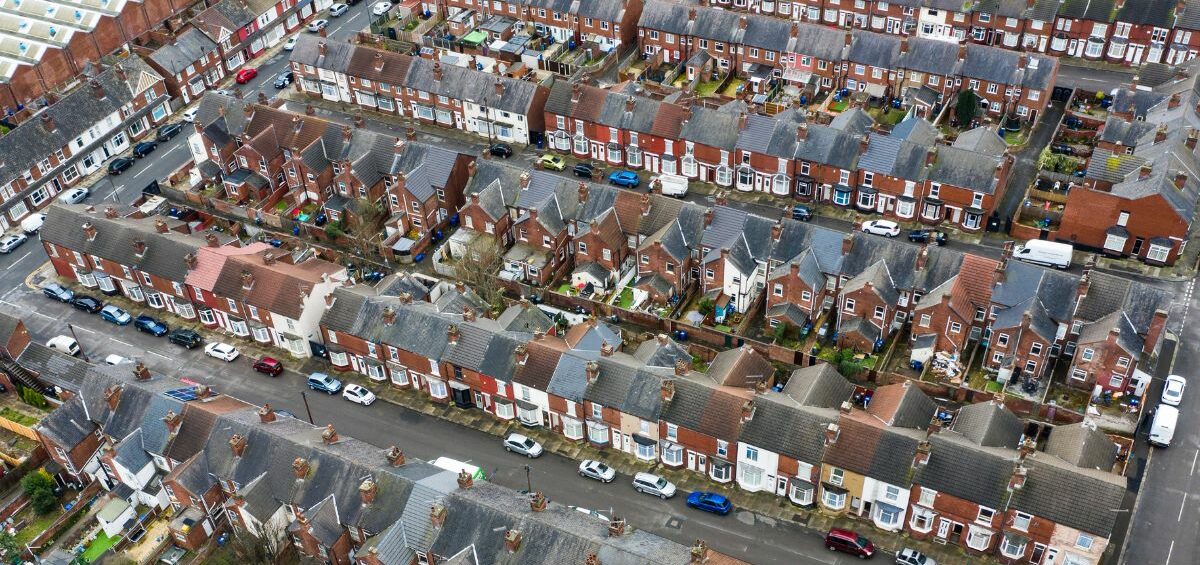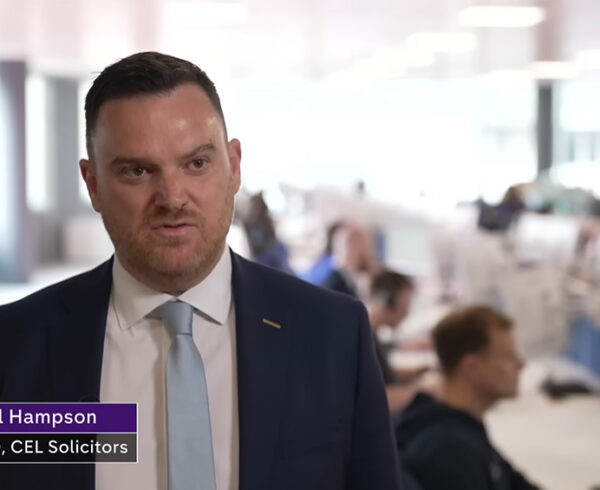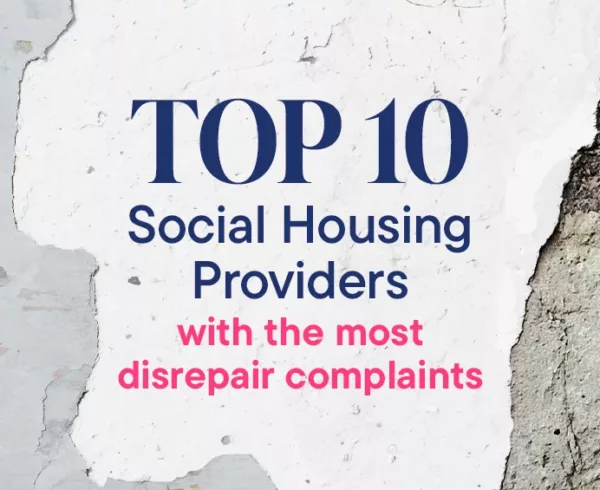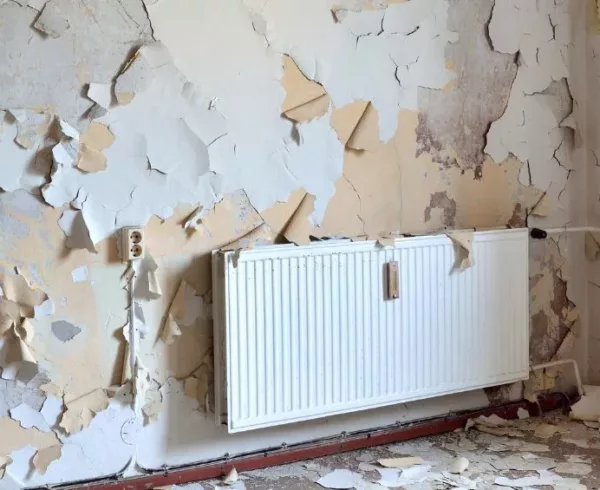Recent studies highlight that social housing contributes at least £78 billion to the economy and results in significant savings to public services. Furthermore, research by Shelter has revealed that private renters could save over £800 a month if they lived in social housing, which translates to thousands of pounds annually.
The Case for Building More Social Homes
Polly Neate, Chief Executive of Shelter, emphasises the necessity of constructing 90,000 social homes every year for the next decade to combat the UK’s housing crisis. This initiative addresses record-high rents and the looming threat of homelessness and holds the potential to contribute £51.2 billion to the economy.
Investing in social housing provides substantial economic benefits, including higher employment rates among residents compared to those in temporary accommodation, leading to savings of at least £2.4 billion annually in universal credit claims. Furthermore, the stability of social housing results in improved mental and physical health, resulting in annual NHS savings of £19 billion and fewer visits to GPs and A&E departments. This stability also enhances children’s school attendance, contributing £2.5 billion to the economy.
In addition to the economic advantages, social housing provides stability and support to individuals facing employment uncertainty and in-work poverty. Residents are better shielded during crises such as COVID-19, current cost-of-living challenges, and fuel crises.
Ahead of the general election, Shelter and the National Housing Federation (NHF) are urging political parties to commit to resolving the housing crisis with a long-term plan that prioritises social housing. This commitment is increasingly crucial as many voters prioritise parties committed to addressing housing affordability and homelessness.
Polly Neate advocates that “homelessness is a political choice with a simple solution. Building 90,000 social homes a year will not only end the housing emergency but will also pay for itself within just three years.”
Addressing Social Housing Disrepair
As housing disrepair experts, we recognise that while increasing social housing is crucial, ensuring the safety of these homes is equally essential. Addressing housing disrepair issues not only safeguards the well-being of social housing tenants but also reinforces that safe housing is a sustainable solution to the housing crisis.
Commenting on this, John Lowry, director, and head of housing disrepair at CEL Solicitors, said:
“Every tenant deserves to live in a home that meets the basic standards of safety and comfort.
“Investing in social housing and addressing disrepair issues promptly means that social housing remains a reliable and safe solution to the housing crisis.”













